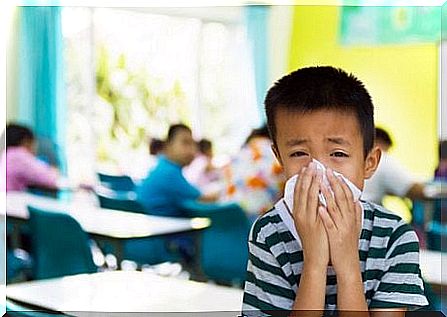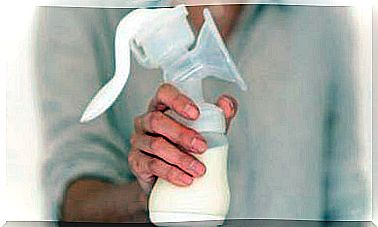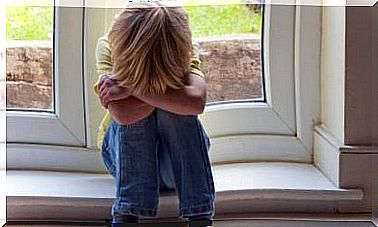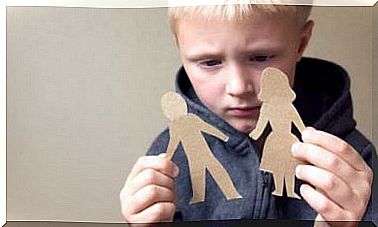Illnesses In Young Children Are Not Uncommon

Do some children become more susceptible to disease than others? How often do children get sick on average each year?
These are some of the most common questions parents ask of pediatricians. This is especially true for school-age children.
When parents add up the number of days their child missed school in the year, the number can be pretty worrying.
From birth to around 7 years of age, it is common for children to get sick often. Because your immune system is still in a phase of adaptation.
Instead of tracking how often our child gets sick, we should pay attention to what this says about his or her overall health.
Do some children get sick more easily than others?
It is true that children often get sick very often. If you add up the number of illnesses the child has per year, you might think that there is a bigger problem. One might also think that the little one gets sick more easily than other children.
However, you should avoid these conclusions. Rather, you should evaluate several factors related to the innate characteristics of children. First of all, the average healthy child gets a respiratory virus at least 9 times a year.
Well, if your child is already in school, they can get sick 12 to 13 times a year. The same is true if there is a smoker in your home.
As you can see, children are often prone to get sick. But all of this is considered normal, even for generally healthy children.

How to recognize serious illnesses
As mentioned earlier, a healthy child between the ages of 1 and 7 can get sick about 9 times a year. This is due to its developing immune system or exposure to new pathogens.
So how do parents know if their child is suffering from something more serious?
If your child has any of the following symptoms in addition to a common childhood disease, talk to a doctor:
- Constant diarrhea
- Persistent skin fungi
- Growth problems
These symptoms can indicate that your child is not adequately protected.
The same is true if your child’s flu-like symptoms worsen and turn into pneumonia or meningitis. Also, if antibiotics are ineffective for your child’s illness, then there are certain health issues that should be considered that should be discussed with a professional.
The difference between allergic reactions and immunodeficiency problems
To determine if your child’s common illnesses are due to immunodeficiency issues, there are a few things you need to know.
It is important for you to know if your child’s body is really incapable of fighting viruses. The same symptoms can simply be the result of allergies, so it is important to know the difference.

Food to strengthen your child’s immune system
A complete and balanced diet has a positive effect on the overall health of your children. This helps them to protect themselves from viral diseases or at least to overcome them faster.
If your child has allergies, then you need to take extra precautions with possible dietary restrictions or other necessary care. This will help reduce the frequency of virus flares.
Nutritionists recommend consuming at least 2 servings of fruits and vegetables daily. You should especially focus on citrus fruits like oranges, lemons, and tangerines.
Citrus fruits are rich in vitamin C, which is important for our immune system.
You should also add nuts, cereals, and legumes at least 2 times a week. Your child should also consume yogurt, honey, and plenty of fluids to help maintain sugar levels. While an excess amount of sugar can be harmful, it is important that your child’s diet contains a healthy amount.
So, is your child strong and energetic? Does he or she have a good appetite? Is he or she growing well?
If the answer to these questions is yes and there are no alarming changes in his health, then there is nothing to worry about. Remember that common illnesses in children at this stage of development are normal.









